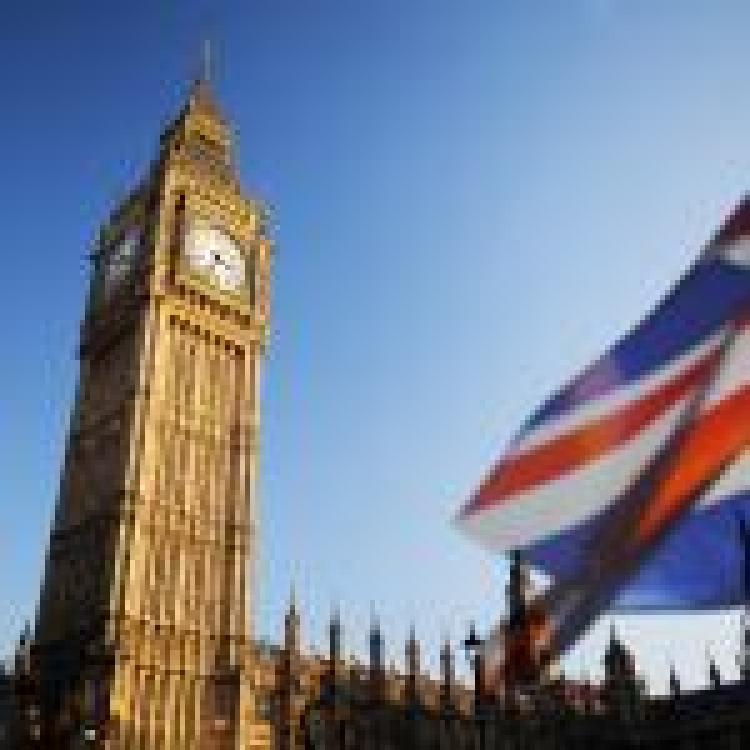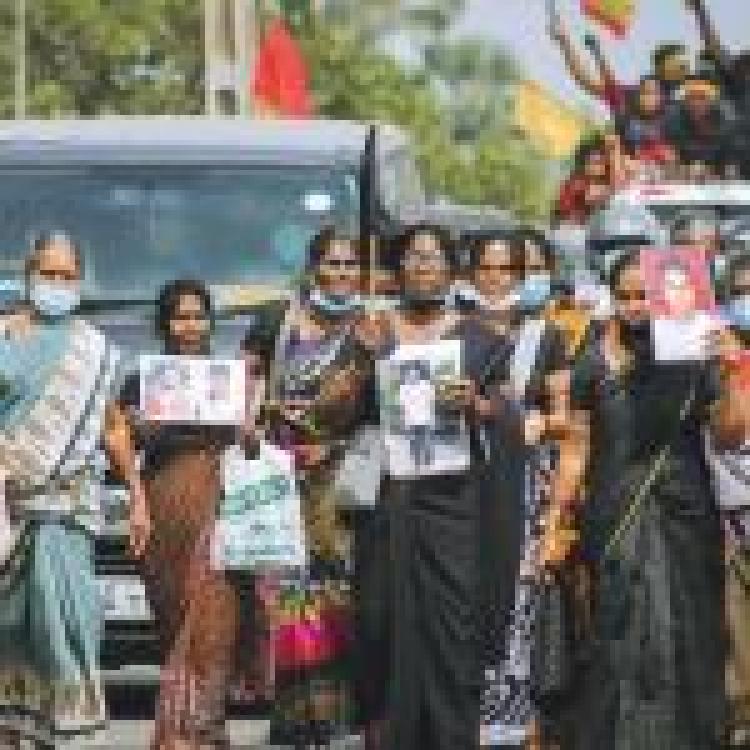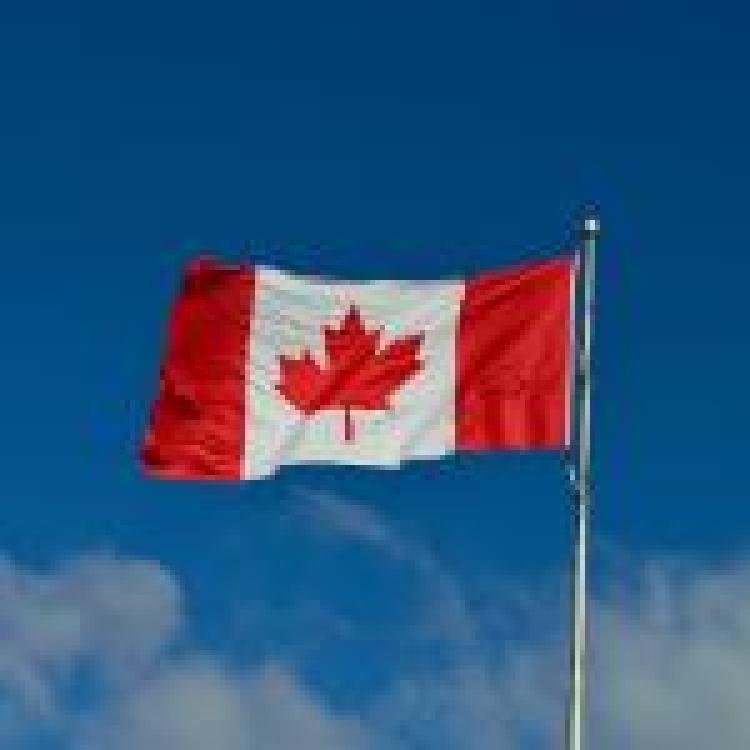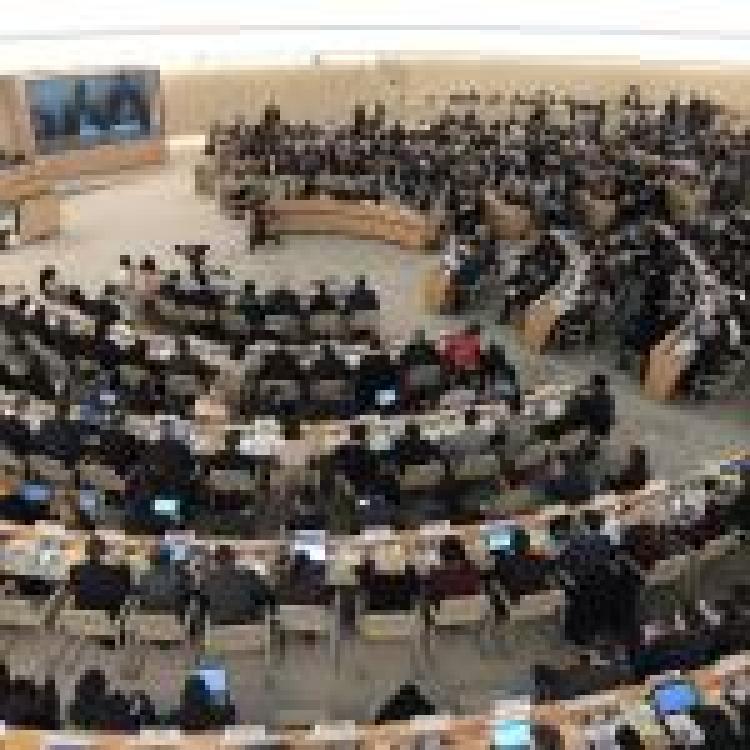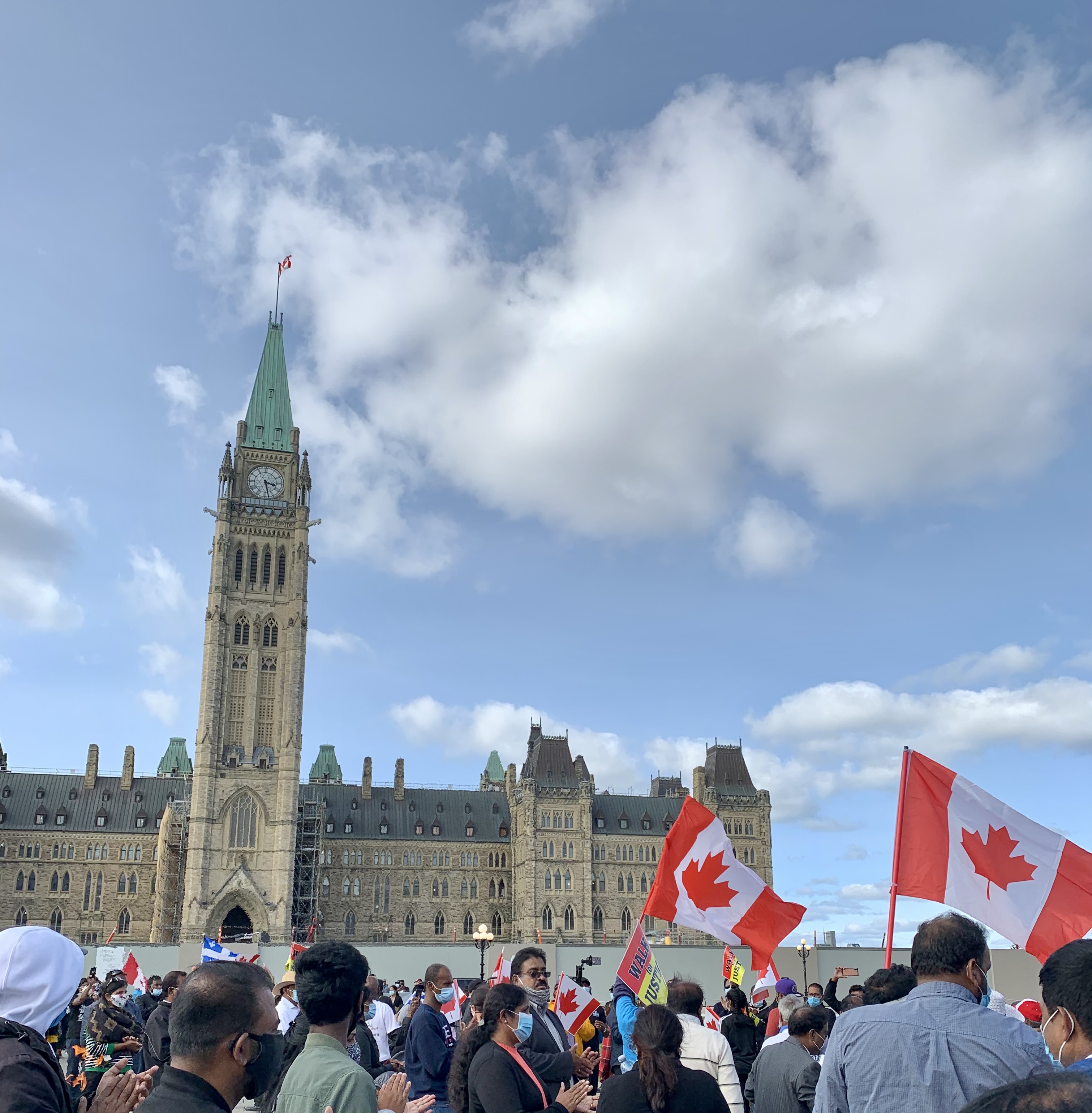
In a recent statement, Human Rights Watch (HRW) urged Canada to “lead efforts” in pushing for justice and accountability, as they did in 2015, at the upcoming UNHRC session.
Commenting on the UN high commissioner for human right's report on Sri Lanka, HRW highlighted;
“Canada is well placed to lead these efforts. Steps to advance accountability for international crimes will reduce the growing risk of further horrors. The Canadian government should ensure that that the warning signs are headed, by taking action now.”
The “hard-hitting” UN report, written by Michelle Bachelet, highlighted the need for member states to “support a dedicated UN capacity to collect, preserve and analyze evidence of grave violations in Sri Lanka for use in future prosecutions” and “impose targeted sanctions on those allegedly responsible for the abuse,” as stated by HRW.
HRW also highlighted Canada’s past involvement in a “landmark resolution in 2015,” which they claimed “offered victims of all communities in Sri Lanka the hope of truth, justice, and reconciliation.”
HRW stated that following the 2015 resolution, “the shadow of fear and repression was lifted.” However, after Gotabaya Rajapaksa was elected president in 2019, the “fear has returned” after his government “renounced its commitments under the 2015 Human rights council resolution,” stated HRW.
“The human rights situation on the island is again deteriorating… The new administration in Sri Lanka has made clear it intends to block any efforts to help citizens come to terms with a bloodied past,” HRW went on to state.
HRW also criticized Rajapaksa “appointing numerous people who were implicated in war crimes," including accused war criminal, Shavendra Silva, as chief of defence staff and head of the National Operation Centre for Prevention of COVID-19 Outbreak (NOCPCO). Furthermore, HRW referenced Rajapaksa's pardoning of “former army sergeant, Sunil Ratnayake, who killed eight Tamil civilians including children.”
“The [Sri Lankan] government is promoting extremist Sinhala Buddhist nationalism that discriminates against minority groups. Tamil communities in the north and east fear increasing instances of arbitrary and abusive behaviour by security forces… [and] an alarming rise in discrimination against Muslims, such as a ban on the burial of people who died with Covid-19,” HRW also stated.
Recently, HRW published a statement calling for UNHRC members to heed victims' demands and push for accountability.
Furthermore, Julian Braithwaite, Ambassador and Permanent Representative for UK Mission Geneva recently stated, “The Core Group on Sri Lanka comprising Canada, Germany, Montenegro, North Macedonia and the United Kingdom will present a further resolution on promoting reconciliation, accountability and human rights in Sri Lanka. The resolution will be informed by the recent report of the Office of the High Commissioner for Human Rights.”
Read HRW's full statement here.

